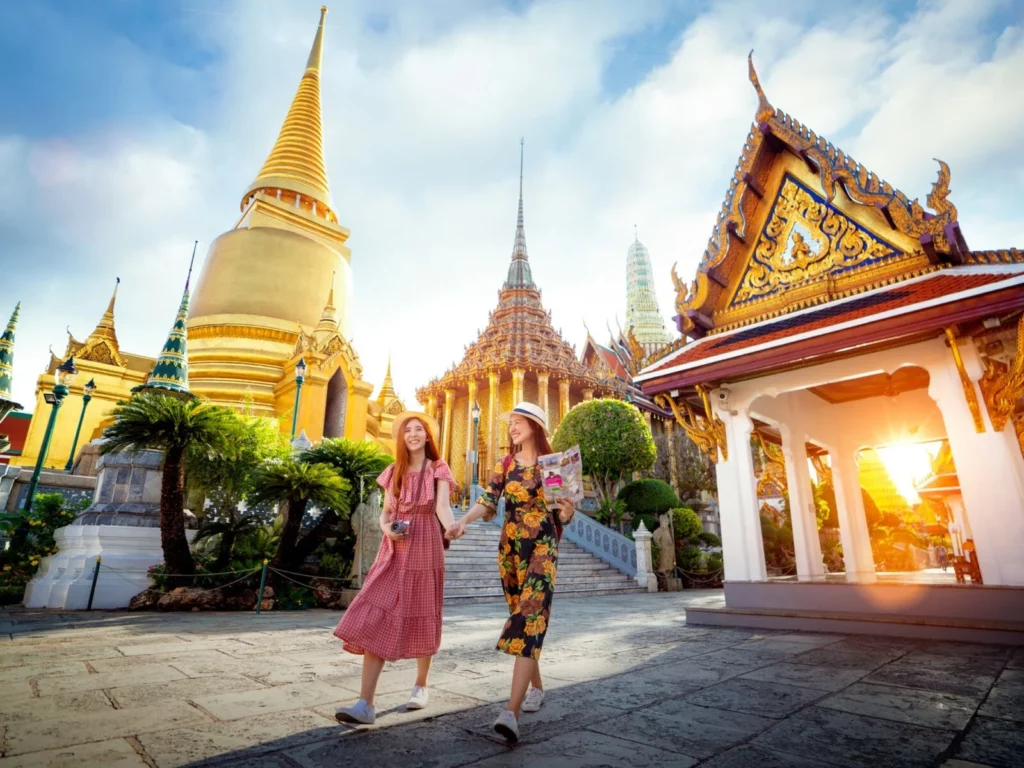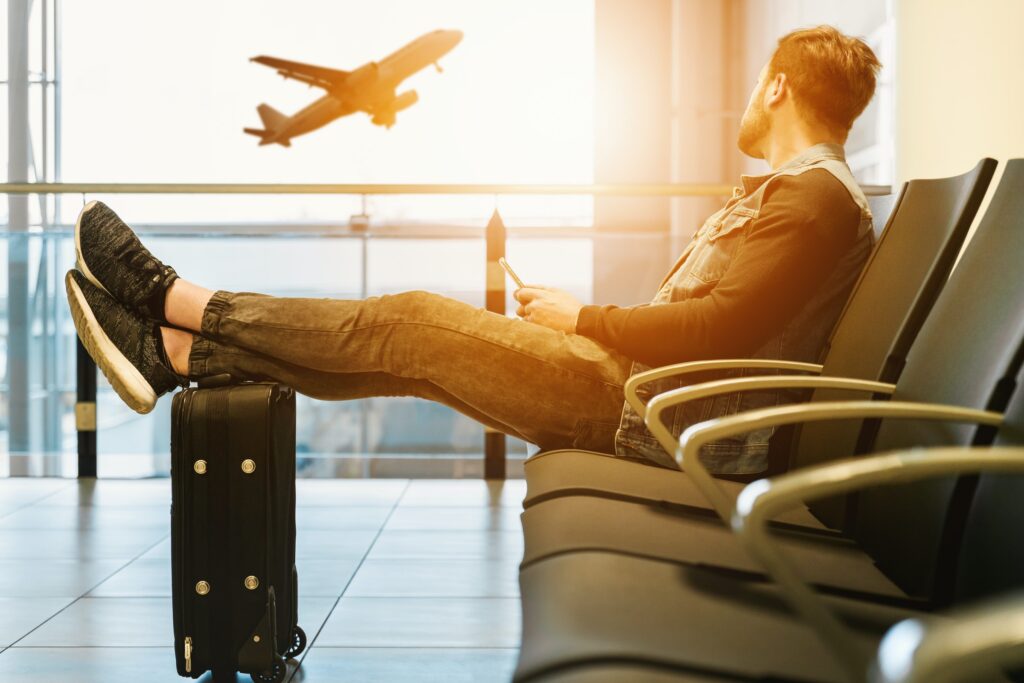The Thai hotel industry is experiencing a resurgence in 2024 as tourists gradually return after the pandemic. Economic improvements and visa exemptions offered by the Thai government are driving this increase in visitors.
As a result, hotel operators are employing innovative strategies to attract and accommodate these tourists and meet the demands of evolving lifestyles.
Forecast by Krungsri Research
According to Krungsri Research, the number of foreign tourists is expected to grow continuously over the next three years, reaching 35.6 million in 2024, with further increases expected in the following years.
Moreover, the development trajectory of the hotel industry, as reported by Thansettakij, is not solely reliant on increased tourist numbers but also on the expansion of lifestyle hotel trends. This shift positions Thailand as a leading destination for “lifestyle tourism”.
Krungsri Research forecasts that ongoing tourism stimulation measures will support an overall occupancy rate exceeding 70 percent in 2024. In major tourist areas such as Bangkok, Pattaya, and Phuket, hotels anticipate high revenue growth, with average occupancy rates expected to reach 80 percent due to the influx of foreign tourists. Meanwhile, hotels in other provinces are expected to gradually improve revenue following the recovery of domestic tourism and government stimulus measures.
As of February 2024, the Ministry of Tourism and Sports reported that Thailand had welcomed 5 million foreign tourists, generating income of 290,921 million baht, primarily from visitors from China, Malaysia, Russia, South Korea, and India.

In addition to increasing tourist numbers, the concept of lifestyle hotels is gaining popularity in Thailand. This trend, particularly evident in major cities like Bangkok and Phuket, appeals to visitors of all ages and bodes well for Thailand’s long-term prospects.
The allure of “lifestyle tourism”
The main factors that make the concept of “lifestyle tourism” popular in Thailand are:
Localized Experience: Encouraging tourists to explore Thailand deeply by offering unique local tourism experiences tailored to secondary city regions.
Variety of Food and Drink: Food is an important aspect of the travel experience. Survey results indicate that one-third of tourists’ expenses are spent on food and beverages. With more than 53 percent of travelers choosing their destinations based on culinary offerings, Thailand’s diversity of food choices serves as a significant draw for visitors seeking exotic culinary experiences.

Health and Wellness: Post-pandemic concerns about health and hygiene have led to the emergence of wellness hotels, catering to guests’ physical and mental well-being through specialized services and healthy dining options.
More Freedom in Hotel Design: Lifestyle hotels are often given more freedom in their design to be unique, eye-catching, accessible and a perfect blend of classic and modern styles. It also emphasizes sustainability and environmental consciousness, which is at the top of the mind of many modern travelers.
Smart Technology: Today’s lifestyle hotel guests want smart technology that enhances their experiences, from frictionless hotel reservation system to in-room digital solutions With innovations such as facial recognition for check-in, mobile booking and payment systems, cloud-based management systems, VR technology for immersive experiences, robot assistance, and AI-powered voice assistants like Aiello Voice Assistant, guests will have a lasting impression of the service efficiency and excellence during their stay.
- Facial recognition: dIA Smart Hotel’s system uses information obtained from facial recognition to increase the accuracy and convenience of processing guest check-ins. The system also gathers guest insights and preferences to improve service and prevent unauthorized entry at the hotel.
- Mobile technology: By adding a mobile booking system, hotels can help customers make room reservations more conveniently. In addition, the hotel can use the mobile payment system to facilitate payment. This allows guests to settle in as soon as they arrive.
- Virtual Reality (VR): VR technology can provide a unique experience for guests who are interested in staying in a hotel. With this technology, guests can see and visit their desired locations virtually, which may help to promote a more efficient customer decision-making process.
- Robots: The efficiency and round-the-clock availability of robots make it an interesting solution to help hotels deal with the problem of staff shortages.
- Artificial Intelligence (AI): The use of artificial intelligence (AI) can help to enhance guest interactions, improve efficiency, and personalize guest experiences.
For example, M Social Phuket has implemented Aiello’s voice AI technology to boost service efficiency and provide a memorable experience for guests. The device, known as Aiello Voice Assistant (AVA), allows guests to use their voice to operate room amenities such as lighting, TV, and air conditioner. Guests can also request room service via AVA and get answers to queries about hotel facilities as well as seek recommendations for tourist attractions and F&B suggestions.

Conclusion
While the pandemic’s effects on travel habits persist, the Thai hotel industry is adapting to changing trends by offering exceptional and innovative services. Training personnel to meet evolving standards remains essential to ensure optimal efficiency and competitiveness in the market.

